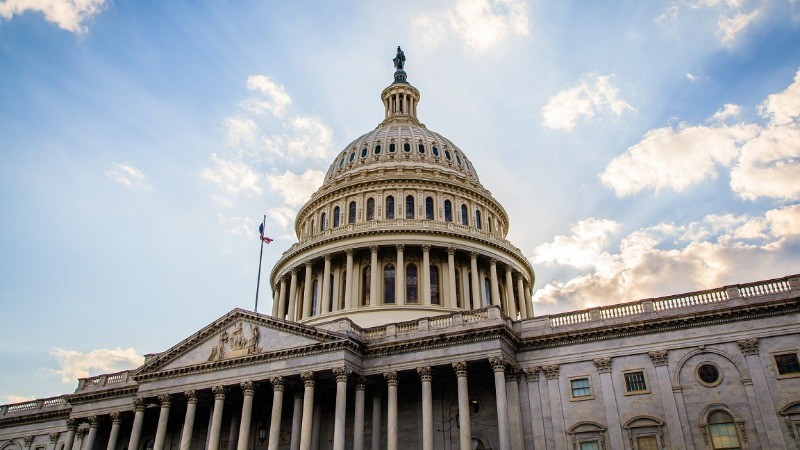
The U.S. Senate passed a crucial government funding bill early on Saturday, December 21, just in time to prevent a government shutdown that could have disrupted the holiday travel season. The bill was approved in a bipartisan 85-11 vote, 38 minutes after the previous funding measure expired at midnight. Despite this, the government did not experience any immediate disruptions.
Next, the bill heads to the White House, where President Joe Biden is expected to sign it into law. The legislation had already passed the Republican-controlled House of Representatives with bipartisan support.
This late-night vote concluded a hectic week of negotiations, which saw President-elect Donald Trump and billionaire Elon Musk challenge an earlier bipartisan deal, causing chaos in Congress. In the end, the final version of the bill removed some provisions pushed by Democrats, who accused Republicans of yielding to pressure from Musk, a wealthy business leader with no government experience.
The bill does not address Trump’s request to raise the debt ceiling, a politically sensitive issue that Congress will have to tackle by mid-next year to prevent further borrowing. Last year, the U.S. government spent approximately $6.2 trillion and is facing a staggering $36 trillion in debt.
The new funding bill will keep the government running until March 14 and includes $100 billion in aid for states affected by disasters and $10 billion to support farmers. It will also extend several farm and food aid programs that were set to expire at the end of the year.
Some Republicans opposed the bill, particularly because it did not include spending cuts. House Speaker Mike Johnson emphasized that the party would have more influence next year, with Republican majorities in both chambers of Congress and Trump in the White House. Johnson noted that the bill was a necessary step to buy time for future negotiations on spending decisions.
A government shutdown would have caused major disruptions, affecting everything from national parks to law enforcement, and halting pay for millions of federal employees. The travel industry warned that airlines, hotels, and other businesses could lose up to $1 billion per week, leading to significant delays and disruptions during the busy Christmas season.
Earlier in the week, a bipartisan funding plan had been abandoned after criticism from Trump and Musk, who argued that it contained unnecessary provisions, including a pay raise for lawmakers and restrictions on pharmacy benefit managers. Republicans removed most of these provisions from the bill, including a measure limiting investments in China, which Democrats claimed would benefit Musk’s business interests.
Democratic Representative Rosa DeLauro criticized Musk for his influence over the bill, suggesting that he was avoiding questions about his business dealings in China.
Although Trump is not holding an official role in the government, he has tasked Musk with leading a budget-cutting task force. Musk, pleased with the final package, saying that the bill had been significantly streamlined.
House Democratic Leader Hakeem Jeffries pointed out that his party had still managed to secure some of its goals, including preventing a debt-ceiling increase that would have made it easier to cut taxes. Trump’s demand to raise the debt ceiling was rejected by the House, with 38 Republicans voting against it.
Some Republicans, like Representative Rich McCormick, opposed the bill, arguing that it would only increase the national debt and do nothing to address the country’s fiscal problems.
This new development comes after a 35-day government shutdown during Trump’s first term, caused by a dispute over border security. A potential debt-ceiling crisis could have triggered global financial turmoil, as a U.S. government default would send shockwaves through credit markets worldwide. While the debt ceiling limit is temporarily suspended, lawmakers will likely need to address the issue in the coming months.